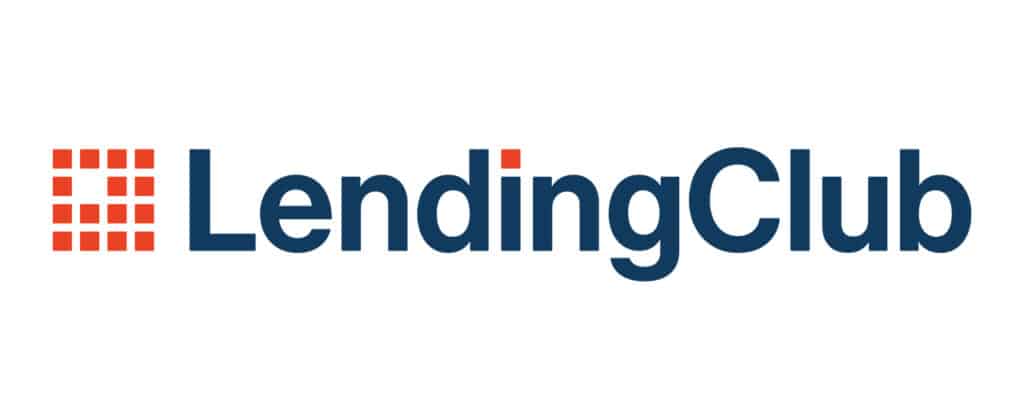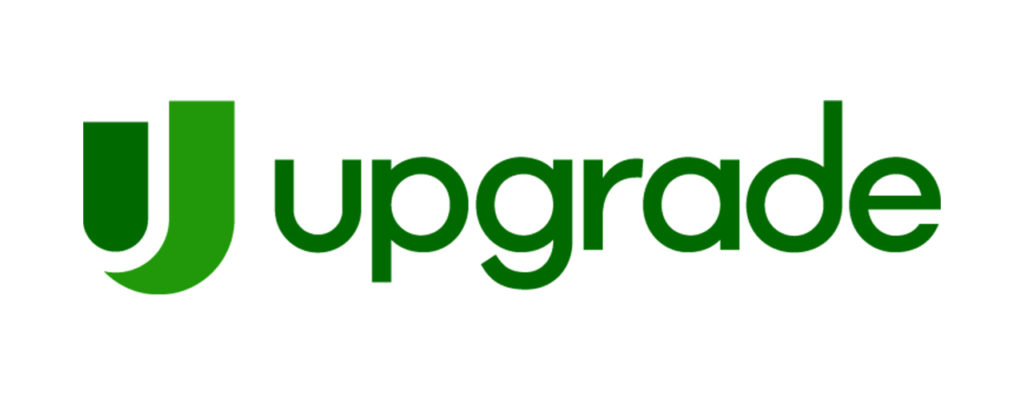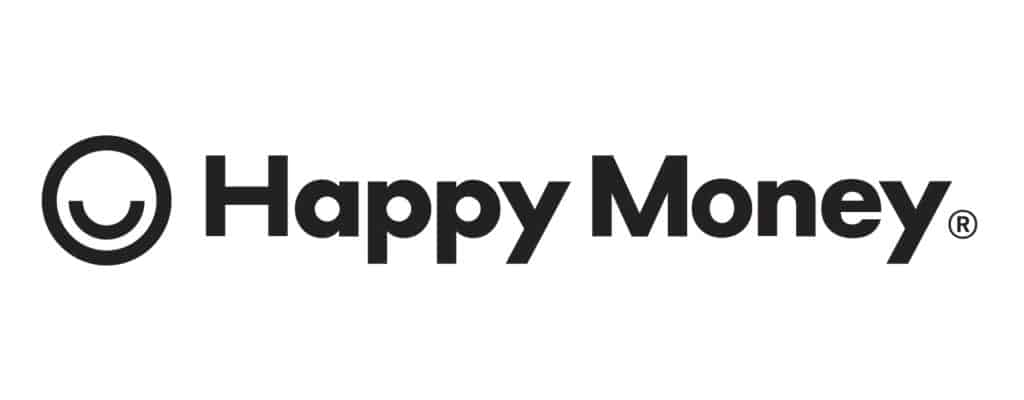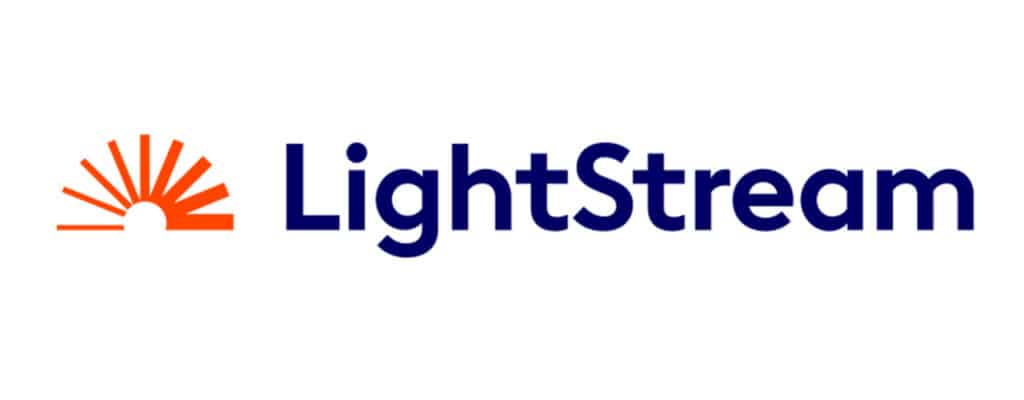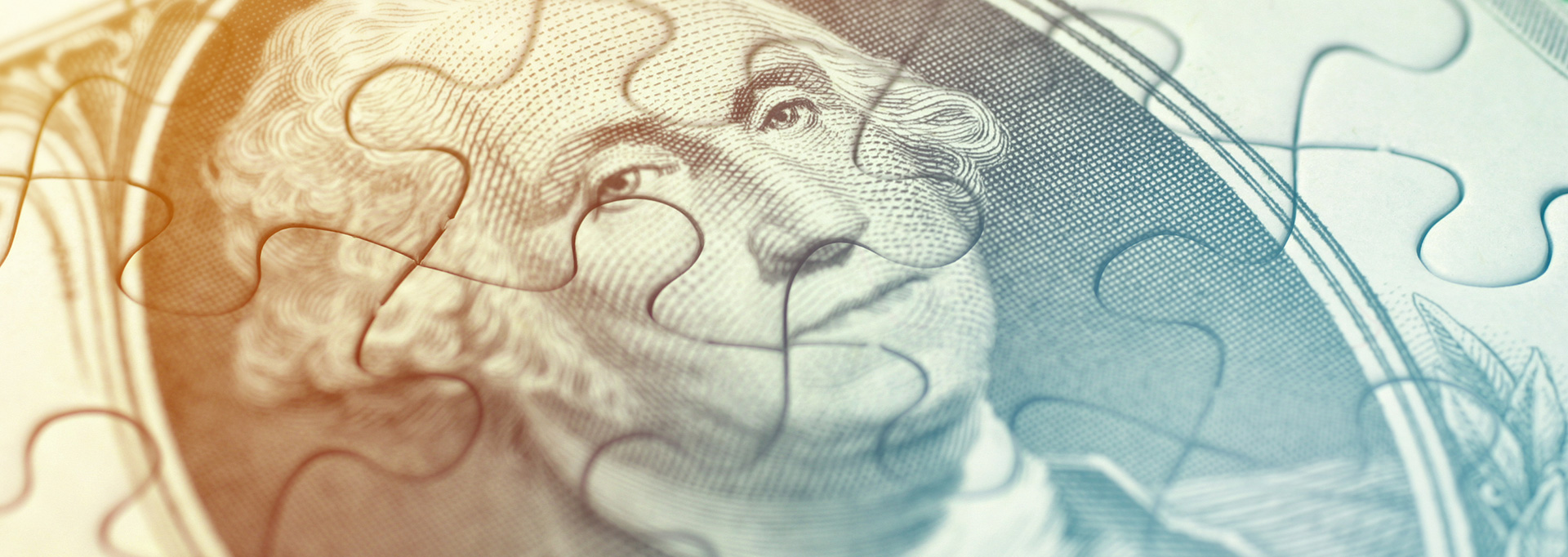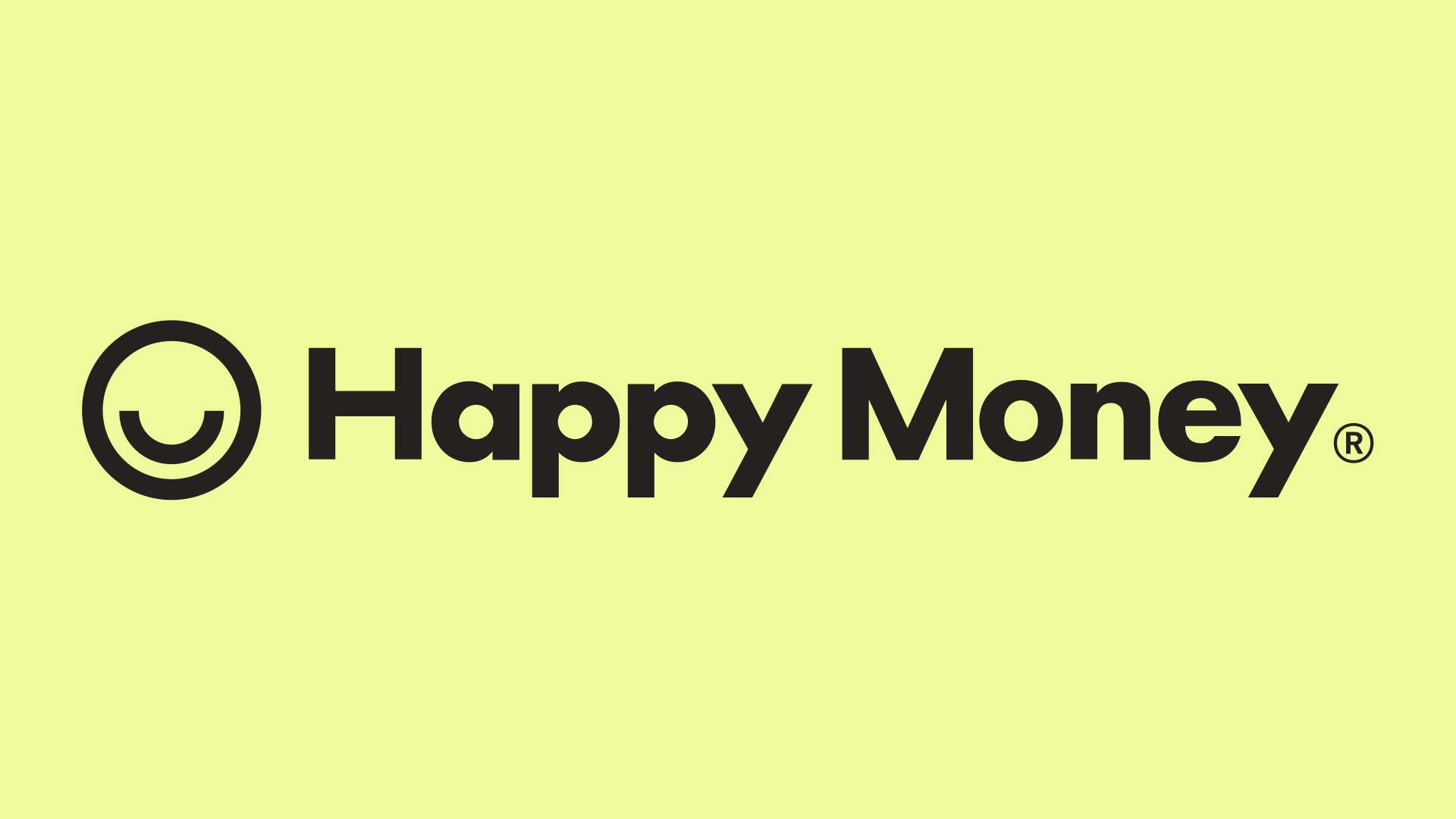Most products on this page are from partners who may compensate us. This may influence which products we write about and where and how they appear on the page. However, opinions expressed here are the author's alone, not those of any bank, credit card issuer, airline or hotel chain.
Can You Use a Personal Loan for Credit Card Debt?
Yes, taking out a personal loan to pay off credit card debts is a common way to manage the varying due dates, payment amounts and interest accumulation associated with credit card debt. When used wisely, personal loans can potentially make it easier to manage debt payments and even save you money with a faster debt payoff timeline and lower interest rates.
However, like other debt consolidation options, there are pros and cons to taking out personal loans to pay off credit cards. Also, other credit card payoff alternatives or strategies may work better for you depending on your financial situation. We break down factors to look at when choosing to use a personal loan to pay off credit card debt, and other important information to consider.
Pros and Cons of Using a Personal Loan to Pay Off Credit Card Debt
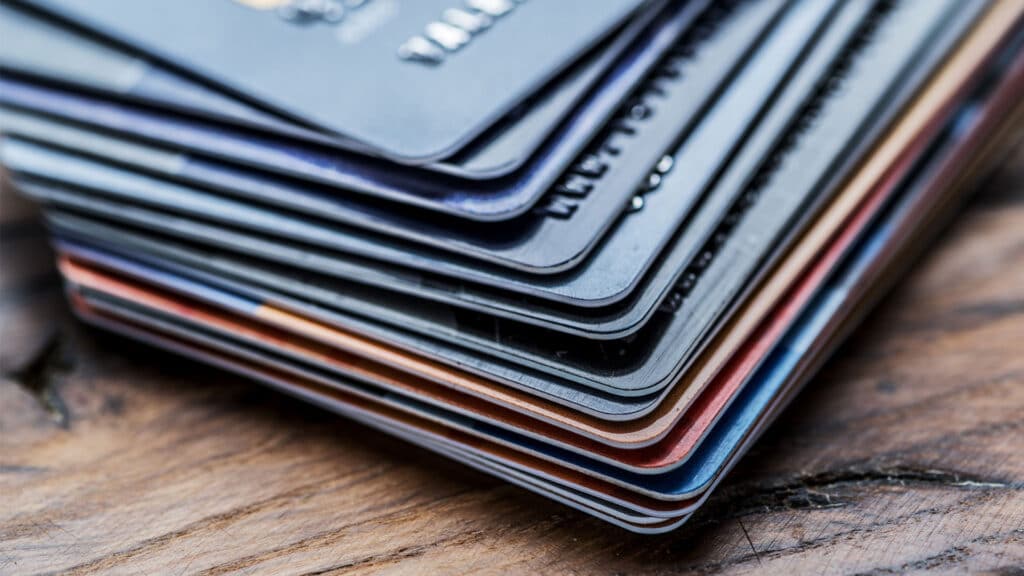
Pros
- Potentially pay off debt sooner
- Lower interest rates
- Combine debts into single payments
- Improve credit score if you keep up with loan payments
Cons
- May require collateral
- May contribute to more debt
- Personal loan fees
Pros
Personal loans can be used as an effective way to settle credit card debt. In addition, these loans have other advantages that make them a sound choice for paying off your credit cards. Here are a few benefits to consider.
1. Possibly Pay Off Your Debt Sooner
When you have multiple monthly credit card payments, you may fall into a pattern of only paying the minimum amount on each account. While you may be avoiding the late fee, only paying the minimum on high-interest credit card debt can cause more interest to accumulate and push your payoff date far into the future.
With a personal loan, you could use that loan to get rid of all your credit card debt at once. Although your loan terms will vary depending on your lender, it's possible you may be able to pay off your personal loan debt in a fraction of the time it would have taken to pay off your total credit card debts.
2. Lower the Cost of Your Debt
A personal loan’s annual percentage rate (APR) will typically be lower than the average credit card APR. Therefore, you can use your personal loan to pay off your credit card debt and repay the personal loan at a lower APR, provided you have a good credit score and favorable loan terms. This can save you a decent amount of money in interest payments in the long run.
3. Positive Impact on Your Credit Score
Like with other types of credit, personal loan lenders do a hard credit check to qualify you for the loan, temporarily causing a dip in your credit score. But getting a personal loan can help boost your credit score in the following ways.
- Decreases credit utilization ratio: Paying off your credit card balances and combining the debt into one account can decrease your overall credit utilization ratio. This metric indicates the amount of credit you use against your available credit — below 30% is desirable. If you erase your credit card debt with a personal loan, your revolving credit utilization ratio goes to 0%.
- Adds to your credit mix: Securing a personal loan can improve your credit mix, which is 10% of your credit score. Your credit mix shows your ability to manage different types of debt and credit.
4. Gain More Control of Your Payments
Consolidating your credit card payments into one monthly payment streamlines the payment process to make your finances more manageable. Rather than paying off multiple debts with different payment due dates, you can focus on making a single payment with one due date every month. Also, it gives you time to reassess how you use your credit cards.
Cons
While personal loans can be a suitable option to paying off credit cards, there are some drawbacks to taking this route.
1. Collateral May Be Required
Most personal loans are unsecured, meaning you don’t need to offer your car, house or other valuable assets as a guarantee to repay the loan. However, the lender may require you to commit valuable assets as collateral if your credit is sub-standard or if you can’t find a creditworthy co-signer or co-borrower. By accepting this loan condition, you could lose your home or car if you default on the loan.

What Can Be Used as Collateral in a Personal Loan?
2. Personal Loans Are Not Credit Cures
Reorganizing your debts through a debt consolidation loan doesn’t end the cycle of debt accumulation. With a clean slate on your credit card accounts, the temptation to rack up new credit card charges may remain. Also, if you continue the same spending habits, debt accumulation can continue to haunt you.
3. Personal Loans Come With Fees
As you shop for a personal loan lender, compare their fee structures. Most lenders charge an origination (processing) fee of 6% or more, along with fees for insufficient funds and late payments. Also, some lenders have an early payoff penalty fee for paying off your debt before the end of the loan. Factor in all the personal loan fees to see if it's still cheaper overall to take out a loan or continue paying your credit card debts.
When to Use a Personal Loan for Credit Card Debt Consolidation
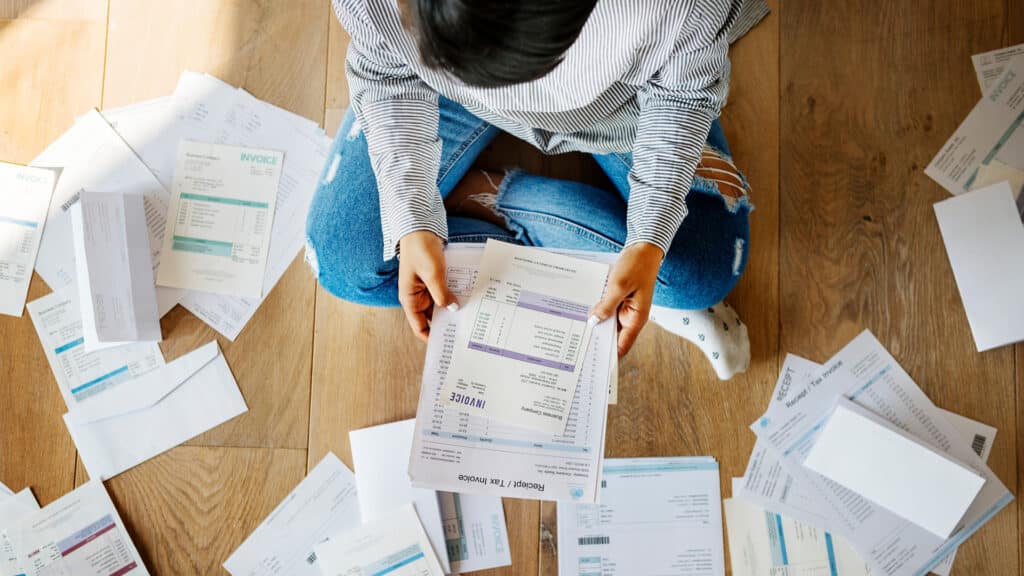
If You Can Get a Lower Interest Rate
If you have a strong credit history, you may be able to qualify for a personal loan with an interest rate that is lower than your credit card's APR. With a lower interest rate, you can save substantially on interest payments through a personal loan than if you continue making minimum payments on your credit card.
If You Can Lower Your Monthly Payments
Personal loans typically come with lower interest rates and the ability to set a repayment schedule that better fits you. If you are able to get a lower interest rate along with a repayment timeline that lowers your monthly payments, this can make paying off your debt more affordable and easier to manage.
If You Have a Clear Debt Repayment Strategy
It's not recommended to take out a personal loan without knowing exactly what you'll be saving and the loan's specific costs. Find out what interest rates you qualify for, the exact loan amount you'll need, any required fees and your repayment schedule so you'll know precisely when you'll be debt free. Planning out all the details in a debt repayment strategy can help you see whether a personal loan is really worth it.
Best Debt Consolidation Loans
Here are a few of the best debt consolidation loans to consider.
- Best for Small Loan Amounts: LendingClub
- Best for Bad Credit: Upgrade
- Best for Fair to Good Credit: Happy Money
- Best for No Fees: LightStream
Best for Small Loan Amounts
LendingClub
- Loan Amounts$1,000 – $40,000
- Loan Terms24 – 60 months
- APR Range9.57% – 35.99%
- Minimum
Credit Score600 or aboveA credit score is used to indicate the creditworthiness of an applicant, but it is only one of several factors considered for approval. These credit scores alone are not guarantees for approval and should only be used as guidelines.
Borrowers in the fair credit range who need a small loan can appreciate LendingClub's quick funding and option for direct payments to creditors with debt consolidation loans.
Overview
LendingClub can be a good fit for those looking to consolidate high-interest debt, as they offer the ability to pay your creditors directly from your loan. You can also use LendingClub loans for almost any purpose, from home improvements to medical bills. Eligible borrowers who need some assistance qualifying can apply for a joint loan, and borrowers can expect to receive funding as soon as 24 hours after approval. However, APRs do start at relatively higher rates than some competitors.
Pros
- Low minimum loan amount
- Fast funding for personal loans (receive funds as little as 24 hours after approval)
- Joint loans allowed
- Direct payment to creditors
- Check rates without a hard credit inquiry
Cons
- Has origination fees
- No physical branches
- Lower maximum loan amount than some lenders
Best for Bad Credit
Upgrade
- Loan Amounts$1,000 – $50,000
- Loan Terms24 – 84 months
- APR Range8.49% - 35.99%
- Minimum
Credit Score560 or aboveA credit score is used to indicate the creditworthiness of an applicant, but it is only one of several factors considered for approval. These credit scores alone are not guarantees for approval and should only be used as guidelines.
Borrowers with less-than-stellar credit profiles may find Upgrade personal loans accessible, and its quick funding and flexible payment due dates convenient.
Overview
Upgrade offers personal loans that are accessible to those with not-so-ideal credit scores. The low loan minimum of $1,000 also makes it an easy choice for those with small financing needs. However, borrowers in certain states will be subject to higher minimum loan amounts. With this lender, you can expect to pay an origination fee. Borrowers can view their rate before applying without impacting their credit score. Overall, Upgrade is worth considering if you’re looking for a lender that is willing to work with lower credit scores and offers loans with competitive rates and flexible terms.
Pros
- Accessible to borrowers with bad credit
- Flexible loan terms
- Joint applications allowed
- Secured loan options
- Direct payment to creditors
Cons
- Has origination fees
- No physical branches
- Higher APRs than some competitors
Best for Fair to Good Credit
Happy Money
- Loan Amounts$5,000 – $40,000
- Loan Terms24 – 60 months
- APR Range11.72% – 17.99%
- Minimum
Credit Score640 or aboveA credit score is used to indicate the creditworthiness of an applicant, but it is only one of several factors considered for approval. These credit scores alone are not guarantees for approval and should only be used as guidelines.
Happy Money can help pay off and consolidate credit card debt into one fixed monthly payment.
Overview
Happy Money, formerly known as Payoff, offers loans for credit card debt payoffs. Eligibility is clearly stated online, so borrowers will appreciate the transparent criteria. Borrowers have the option to have Happy Money deposit funds directly to their credit cards to help streamline the payoff process. Funding can take between three to six business days, which is longer than other lenders, but still considered a decent turnaround time.
Personal loans are accessible to borrowers with fair credit, and there are no options for co-signers or joint applicants. Unfortunately, the loans are not available in Massachusetts or Nevada, so borrowers will need to look elsewhere for lending options.
Pros
- No late fees
- Direct payment to creditors
- Prequalification with no hard credit check
- All loans come with a hardship payment protection plan
Cons
- Most loans can only be used to pay off credit card debt
- Has origination fees
- High loan minimum
- No joint or co-signed loans
- Not available in all states
- Funding slower than other lenders
Best for No Fees
LightStream
- Loan Amounts$5,000 – $100,000
- Loan Terms24 – 144 months
- APR Range7.49% – 25.49% (with autopay)
- Minimum
Credit Score660 or aboveA credit score is used to indicate the creditworthiness of an applicant, but it is only one of several factors considered for approval. These credit scores alone are not guarantees for approval and should only be used as guidelines.
LightStream is a solid online lender offering no fees, high loan maximums and low-rate personal loans for several purposes.
Overview
LightStream offers personal loans for several purposes, including debt consolidation, medical expenses, home improvement, weddings, car purchases and more, making this worth considering for those seeking flexibility. The lender offers relatively low rates compared to competitors, including autopay discounts. Its personal loans also have no origination fees or late fees, which can help keep borrowing costs low. However, borrowers will likely need to have good-to-excellent credit in order to be approved for a LightStream personal loan. Overall, it’s a good lender to add to your shortlist if you’re looking for flexible funding, no fees and a low APR. Lightstream may also disburse loans as soon as the same day you’re approved, making this lender a worthy choice if you need fast funding.
Pros
- Low minimum APR
- No origination fees, no late fees
- High loan maximum of $100,000
- Autopay discount
- Joint applications allowed
Cons
- Rates and terms vary by loan purpose
- No soft pull prequalification
- Must have good-to-excellent credit
- No physical branches
When to Avoid Personal Loans for Debt Consolidation
If the Debt Is Small and Can Be Repaid Quickly
If the debt is small and you can reasonably pay off the debt in a short period of time, it may not make sense to take out a personal loan for it. There may be other options that can be more financially beneficial, such as 0% APR balance transfer credit cards, which may offer no interest on balance transfers for up to 21 months.
If You Can't Control Your Credit Card Spending
If your credit card spending habits are causing you to be in constant debt, then taking out more debt through personal loans may not be a good idea. You may be caught in a cycle of debt if you struggle with spending. Consult a financial expert or seek help to build new spending habits first before making the important decision to take out a debt consolidation loan.
If You Have More Debt Than You Can Pay Off With a Personal Loan
If you have an excessive amount of credit card debt, it's unlikely a personal loan can solve the problem. The maximum personal loan amount offered is typically $100,000, and it can be difficult to qualify for the maximum amount with most lenders.
Take a look at the amount of debt you have and whether it may even be possible to repay it through a personal loan during your lifetime. Otherwise, it may be time to seek professional help to explore other debt-relief options.
How to Pay Off Credit Card Debt With a Personal Loan
If you decide to pay off your credit cards with a personal loan, here is a general overview of how to get started.
Step 1. Get Prequalified
The first step is to prequalify with several lenders to see what you qualify for and allow you to compare rates. Start by gathering quotes and establishing your eligibility with potential lenders. You'll receive estimates on your qualifying rates, loan amounts and more.
During this process, lenders usually initiate a soft credit check, which doesn’t affect your credit score. The hard credit check will occur when you formally apply for the loan.
 Related Article
Related Article
How to Prequalify for a Personal Loan, and Why It Can Be a Good Idea
Step 2. Apply With a Lender
Compare your options and choose a lender that can offer terms that are beneficial for you. Your best choice for a lender depends on which factors mean the most to you. For example, although a lower interest rate can lower your monthly payments, the length of the repayment period can produce the same effect. Don't forget to verify that your lender is reputable.
After choosing a lender, you will submit an official application for the loan, and a hard credit check will be done.
Step 3. Get Information Verified
When you apply for the loan, the lender will verify your personal information, including your credit history, income, debt-to-income ratio and more. This is to confirm your identity and proof of income.
Step 4. Receive Your Funding
Upon approval of your loan, the lender typically wires the entire loan amount — minus the origination fee — to your checking account. These funds can then be used to pay off your credit cards.
Once you have used the personal loan to pay off your credit cards, devise a solid plan to repay your personal loan. This plan may include setting up a budget and setting aside the necessary funds to repay the loan every month.
Other Ways to Manage Credit Card Debt

If you're not interested in or perhaps do not qualify for a personal loan, there are alternatives that are worth exploring:
Use a Credit Card With a 0% APR Balance Transfer Offer
Balance transfer credit cards allow you to pay off as much debt as possible within a 12 to 21-month period, usually with 0% interest. After the special offer period ends, the interest charges will resume at the regular APR.
This option can be effective if you pay off the bulk of your credit card debt within the special offer time frame. However, some lenders may end the 0% interest period if you are late with a few payments. It's also worth noting that the regular APR on most credit cards is steep, so if you aren't able to pay off your balance before the 0% period ends, you could get hit with sizable interest charges.
Pay No Interest for a Limited TimeHere Are the Best Balance Transfer Cards
Visit the Marketplace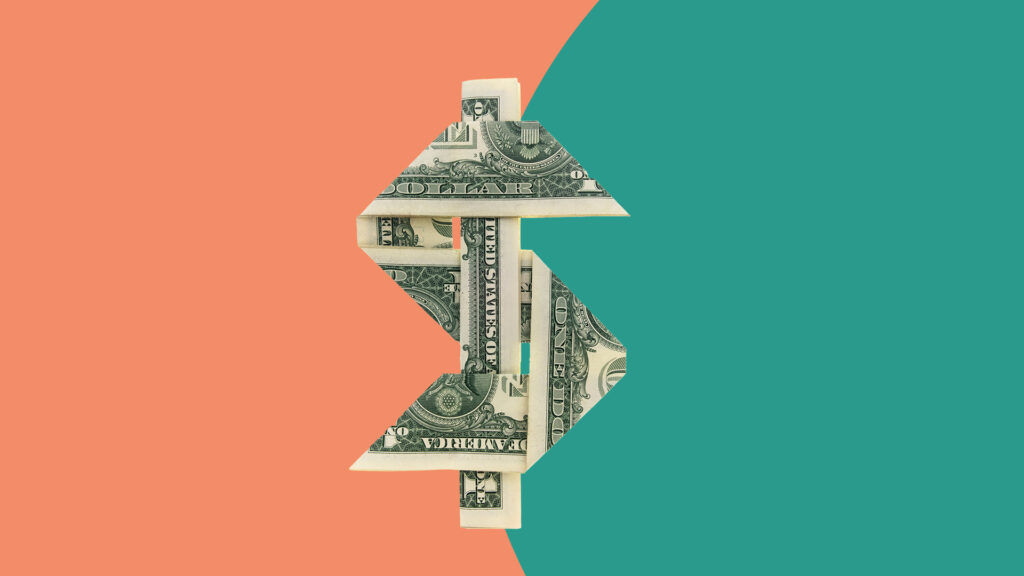
Get a Home Equity Loan or Home Equity Line of Credit
If you own a home and want a lower interest rate than what personal loans offer, a home equity loan or a home equity line of credit (HELOC) could be another option to pay off your credit cards. This type of loan works like a personal loan, except you pledge the equity in your home as collateral.
Home equity loans are available in two variations: a standard home equity loan or a HELOC. The traditional home equity loan has a fixed interest rate, while the HELOC has a variable interest rate, meaning it fluctuates according to the federal funds rate.
A home equity loan can be a low-cost and quick way to access large sums. But consider this option carefully as you can lose your home if you default on the loan.
Use the Debt Avalanche Method
The debt avalanche method is an effective way to build momentum and pay off your credit card debts. To start, pay as much as possible on the card with the highest interest rate while paying the minimum on the rest.
After you’ve cleared the balance of that card, do the same to the card with the next-highest balance. Repeat this process until you pay off all your credit card balances.
Negotiate a Lower Interest With Your Card Issuer
It may pay to ask your lenders for an interest rate reduction because some credit card companies feature hardship or forbearance programs for customers experiencing unemployment and other financial challenges.
However, credit card lenders are more likely to accommodate customers with excellent payment histories, especially when it comes to lower interest rates.
The Bottom Line
Now you know the pros and cons of using personal loans to pay off credit cards and their alternatives. A personal loan provides a lump sum to pay off your credit card debt, usually without collateral. As a result, it can make your payback effort more manageable by bundling your credit card debt into one payment.
However, a personal loan is still a significant debt requiring a sound repayment plan. For this reason, it's worth taking the time to reflect and strategize before you decide to take out a personal loan.
FAQs
-
On average, personal loan interest rates are lower than credit card interest rates. However, the interest rate you get depends on your creditworthiness. Your odds of getting a loan with a low-interest rate significantly increase if you have a good credit score.
-
Using a personal loan to pay off your credit card debt can help increase your credit scores in two significant ways.
If you have a high credit card balance and you pay off your entire debts, your credit utilization drops. A low credit utilization ratio has a positive impact on your credit.
Using a personal loan to pay off your credit card debt also improves your credit mix. A better credit mix ratio is an indication of being responsible with credit, which helps your credit score.
-
Depending on the lender, you can have one to three personal loans with the same lender. In addition, you can have as many personal loans as you need across multiple lenders. Your only limit is your ability to afford the payments. So, using numerous personal loans to pay off your credit card debt is possible but only makes sense if you have the ability to repay the loans.
-
Since credit cards usually have higher interest rates than personal loans, it can make sense to pay off high-interest debt first. Also, if you use a personal loan to pay off your credit cards, you may be able to lower the cost of your total interest payments.






